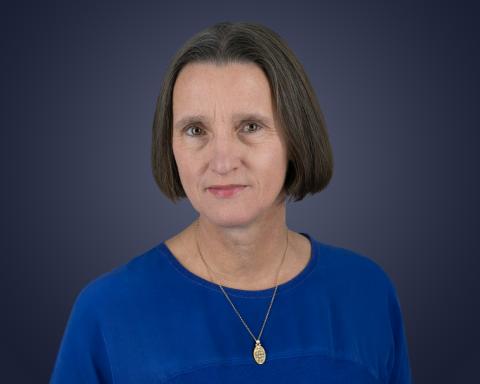Claire Enders was quoted in Bloomberg on "BBC Bias Scandal Puts Future Funding of Broadcaster at Risk"
11 November 2025But public support for the BBC “hasn’t meaningfully changed,” said Claire Enders, founder of the industry research firm Enders Analysis, adding that the broadcaster can’t simply be “abolished.”
Davie did the right thing by standing down, she said, particularly after a string of other controversies such as its coverage of the Glastonbury music festival. The BBC was subject to complaints after airing a set by the punk duo Bob Vylan, during which the musicians led a chant of “death, death to the IDF.” The footage was aired on the BBC’s iPlayer streaming platform.
“The buck stops with him,” Enders said of Davie.
“Few people are habituated to running an organization the size of the BBC,” said Enders.

